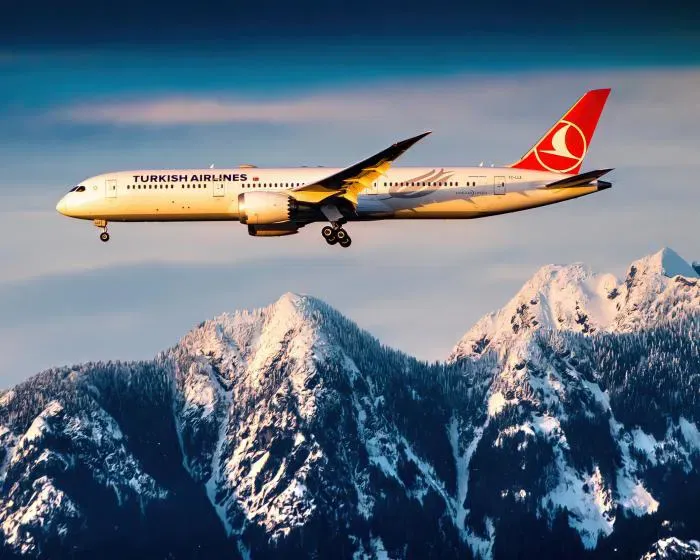Turkey has been experiencing an economic growth in unprecedented rates since the beginning of the last decade. An average growth rate of 4% that has spawned to the entire last decade had catapulted Turkey in to the fore front of the global economic success where it had already recorded higher rates of economic growth compared to the well-established developed European economies. Such macro-economic success had inevitably spilled over to several different business sectors and aviation is one of the leading among them.
Turkish Aviation Industry by Numbers
The impressive growth of the aviation industry in Turkey even exceeded the remarkable economic performance of the national economy. The industry currently employs more than 150.000 people and generates a revenue of USD$ 15 billion. The annual growth rate of the flight traffic had slightly exceeded 10% and the passenger traffic had reached 14% of annual growth rate for the last seven years. Such rates mean more than 1.1 million flights in traffic and more than 85 million passengers. With the addition of the international flights the figure reaches the 130 million mark. At the end of 2012 the market share of the domestic flight passengers was registered as 49.4%. This locates Turkey into the 12th spot in the world in terms of the number of passengers carried and in to the 6th in Europe. In mid-term the flight traffic is expected to reach 1.8 million and the number of passengers is expected to exceed 150 million. Moreover, the number of airports where the regular flights are currently taking place is 49 and the number for the heliports currently in operation is 54. The number of aviation companies have already reached 173 and out of this total 15 are registered as airlines. The industry had managed to establish 30 flight training schools, 47 ground handling companies and 35 maintenance organizations.
Turkey's Geostrategic Position as Transport Hub
It is crucial here to mention that Turkey's geographical position which sets the country in between Asia and Europe contributes to the development of the aviation industry in Turkey. Due to this geographical position Turkey has managed to transform itself in to a transit hub especially for the transatlantic flights departing from North America and flying to the Middle East. Turkey's geographical position provides an additional value for the country in the sense that Turkey has increasingly been establishing itself as a MRO (Maintenance Repair & Overhaul) center in the Euroasia region. Especially the low costs associated with labor market in Turkey provides an enormous advantage for the MRO facilities in Turkey.
Regulations
Directorate General of Civil Aviation (DGCA) is the main body regulating the civil aviation industry in Turkey. In order to meet the highly trained workforce demand for such a bourgeoning industry, the DGCA have signed a collaboration protocol with the Higher Education Council (YÖK). The protocol is intended to establish higher standards for better training of the civil aviation staff. Moreover a related regulation provided easier electronic access to DGCA documents including all DGCA services through e-state application, electronic document management system (EDYS), revenue tracking system, SAFA (the ramp inspection on foreign aircraft), mobile inspection system, digitally carrying out the ATCo (Air Traffic Controller) and ATSEP ( air traffic safety electronics personnel) tests through scanner certification system, authorizing capacity for simulators, ensuring SHY 66 (Aircraft Personnel Licensing Directive) – Part 66 (EASA, aircraft maintenance license). The lastest directive issued by DGCA on November 2013 rearranged the licensing procedure for the companies which have been established or to be established in order to carry passenger or cargo in domestic or international flights. The directive included clauses with regard to the license revoking and suspension procedures as well as the general qualifications that the owners and the employees of such companies are obliged to meet.
Future Prospects
The future prospects for the aviation industry are quite positive for number of different reasons. The most important one is affordable prices of the air transport in Turkey. The average ticket prices were registered as 100 TL a decade ago and the inflation adjusted prices should be more than 200 TL as of December 2013. However, the current prices are around 111 TL which generates high demand for the air transport on the part of the Turkish consumers and allows the aviation industry to take advantage of the market scale. Also, the Turkish authorities have been doing their best to increase the standards in the industry as the aforementioned regulations and directives demonstrate. Their drive for more and more liberalization of the industry for the last three decades is a clear sign of their intention to better the standards and open the sector for more competition.


